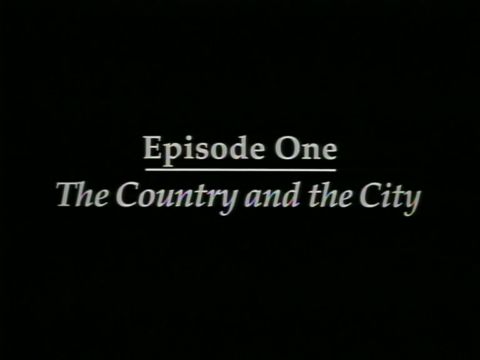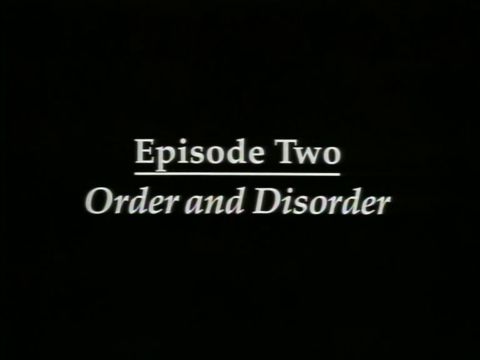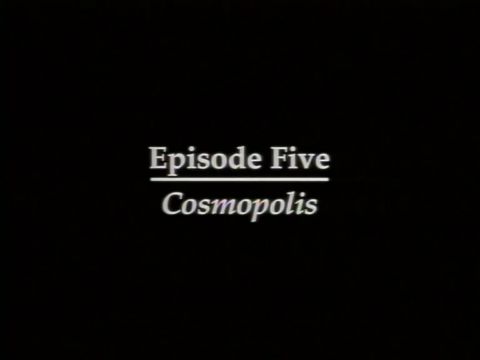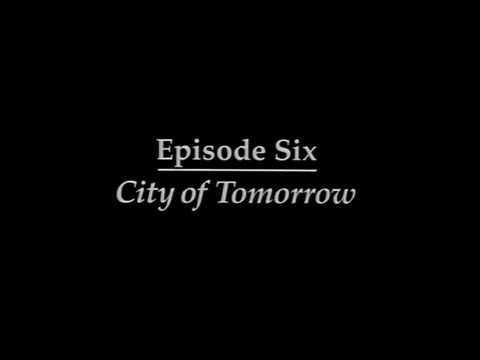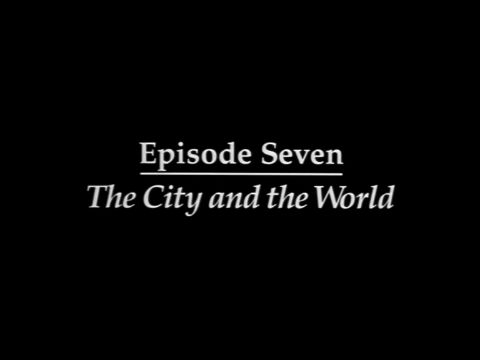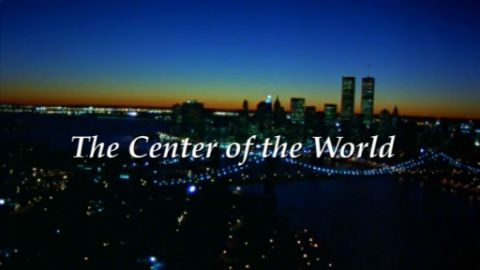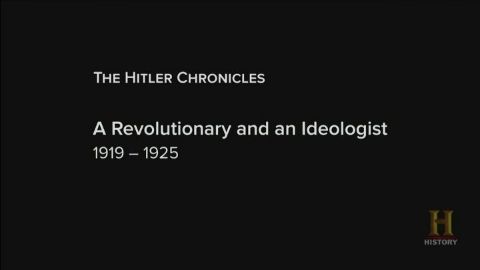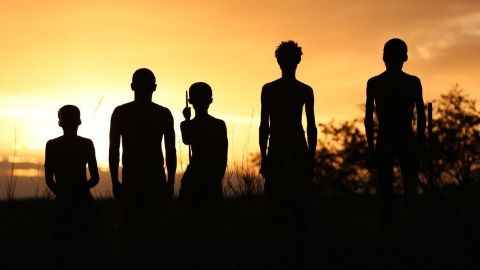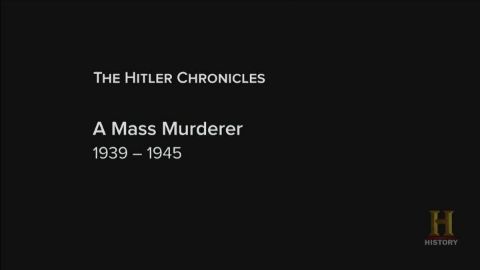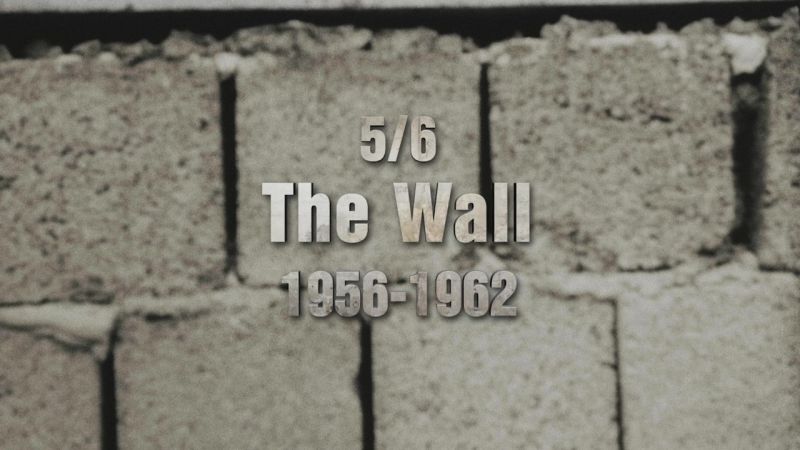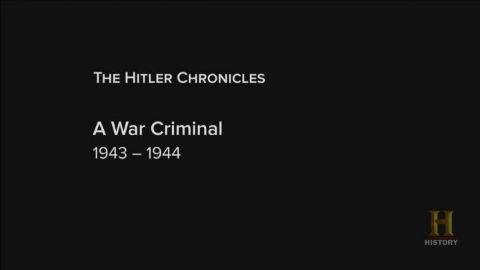City of Tomorrow (1929-1945) • 1999 • episode "S1E6" • New York: A Documentary Film
During the sixth episode of NEW YORK: A DOCUMENTARY FILM, the dramatic events that followed the Crash of '29 fuel the greatest economic depression in American history and plunge the city and the nation into economic gloom. In little more than ten years, immense new forces were unleashed in New York, from the Depression itself to the New Deal, which permanently altered the city and the country. Along the way, two of the most remarkable New Yorkers of all time came to the fore: Mayor Fiorello La Guardia and master builder Robert Moses, both of whom attempted to create, in the darkest of times, a bold new city of the future. The episode examines their careers in detail, as well as the immense public works that transformed the city in the '30s. Also explored are the demise of Mayor Jimmy Walker, the coming of the New Deal, the fate of Harlem during the Depression, and the increasingly complex impact of the automobile on the city.
Make a donation
Buy a brother a hot coffee? Or a cold beer?
Hope you're finding these documentaries fascinating and eye-opening. It's just me, working hard behind the scenes to bring you this enriching content.
Running and maintaining a website like this takes time and resources. That's why I'm reaching out to you. If you appreciate what I do and would like to support my efforts, would you consider "buying me a coffee"?
Donation addresses
BTC: bc1q8ldskxh4x9qnddhcrgcun8rtvddeldm2a07r2v
ETH: 0x5CCAAA1afc5c5D814129d99277dDb5A979672116
With your donation through , you can show your appreciation and help me keep this project going. Every contribution, no matter how small, makes a significant impact. It goes directly towards covering server costs.
